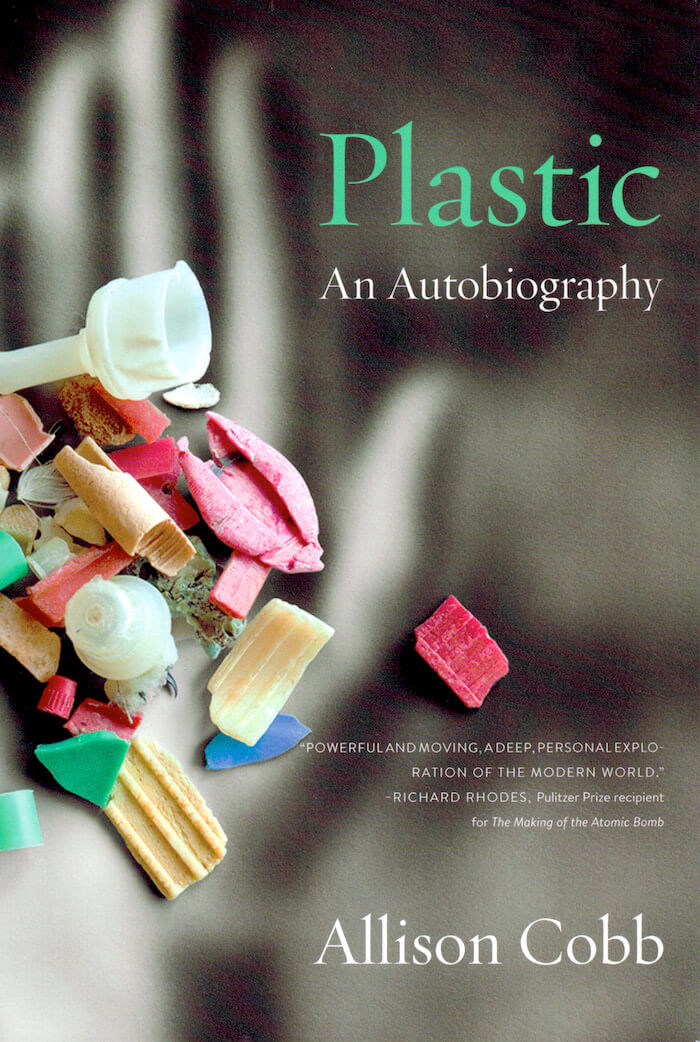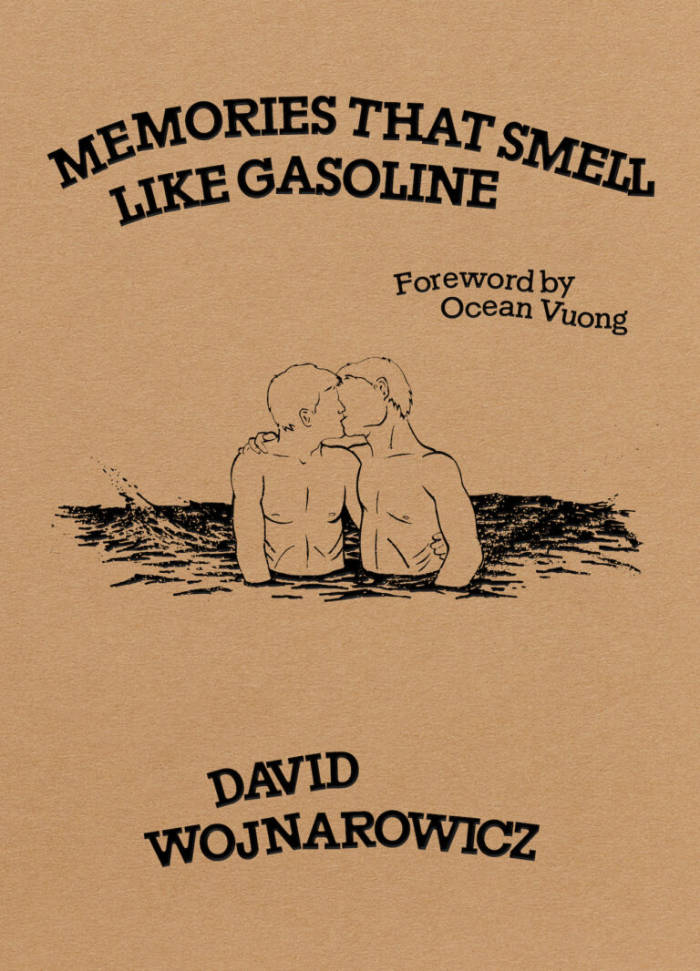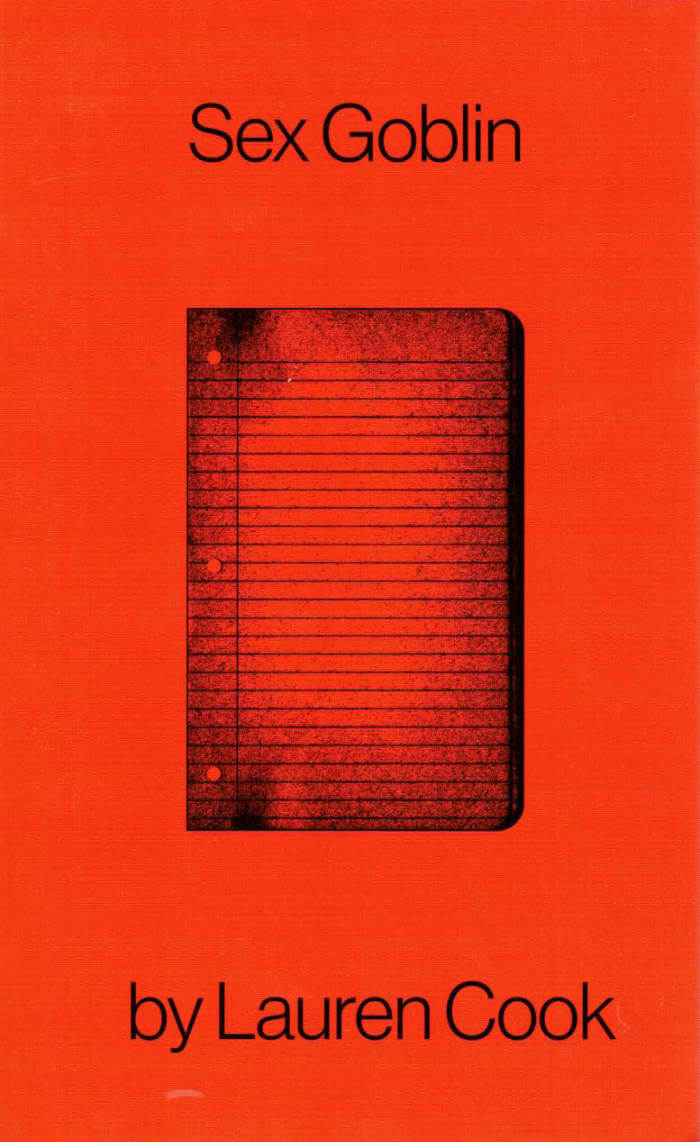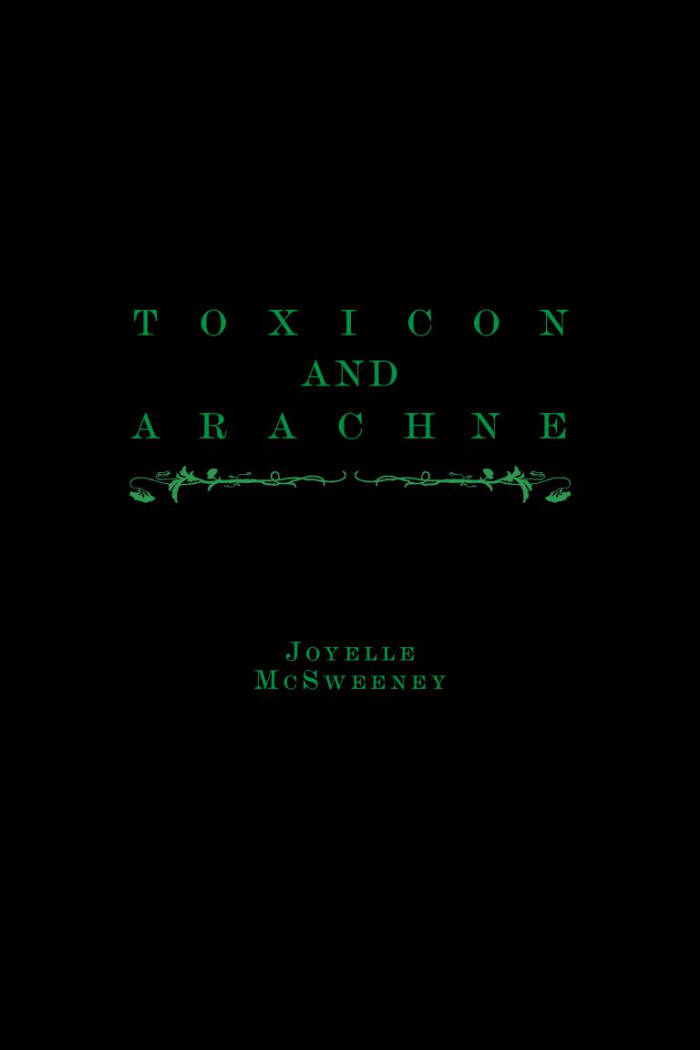
Plastic: An Autobiography
In Plastic: An Autobiography, Cobb's obsession with a large plastic car part leads her to explore the violence of our consume-and-dispose culture, including her own life as a child of Los Alamos, where the first atomic bombs were made. The journey exposes the interconnections among plastic waste, climate change, nuclear technologies, and racism. Using a series of interwoven narratives - from ancient Phoenicia to Alabama - the book bears witness to our deepest entanglements and asks how humans continue on this planet.
Allison Cobb (she/her) is the author of After We All Died, Plastic: an autobiography, Born2, and Green-Wood. Cobb's work has appeared in Best American Poetry, Denver Quarterly, Colorado Review, and many other journals. She was a finalist for the Oregon Book Award and National Poetry Series; has been a resident artist at Djerassi and Playa; and received fellowships from the Oregon Arts Commission, the Regional Arts and Culture Council, and the New York Foundation for the Arts. Cobb works for the Environmental Defense Fund and lives in Portland, Oregon, where she co-hosts The Switch reading, art, and performance series and performs in the collaboration Suspended Moment.
Published April 2021
Language: English







